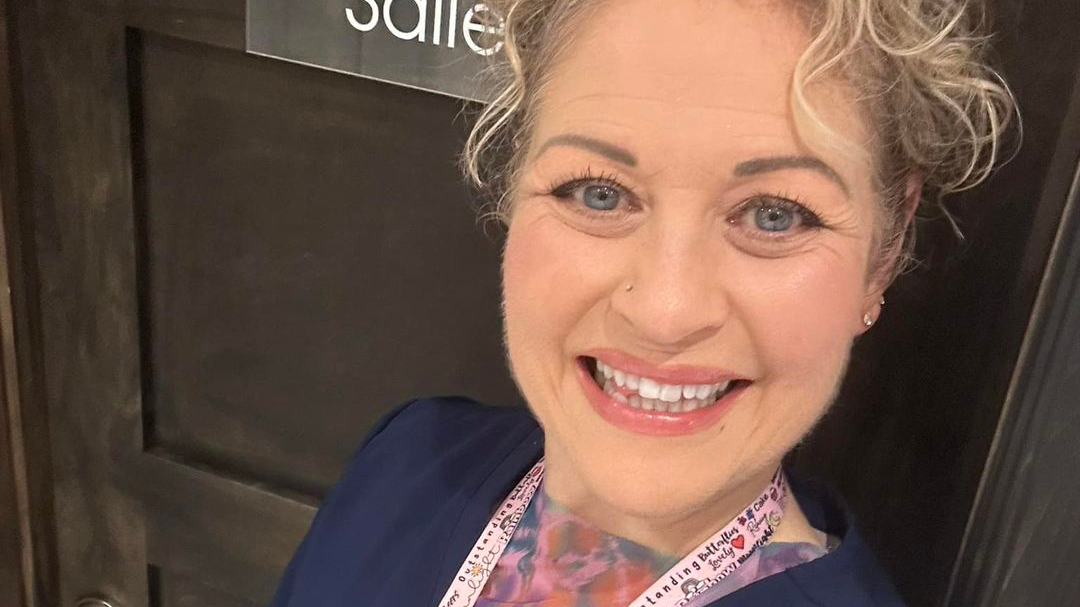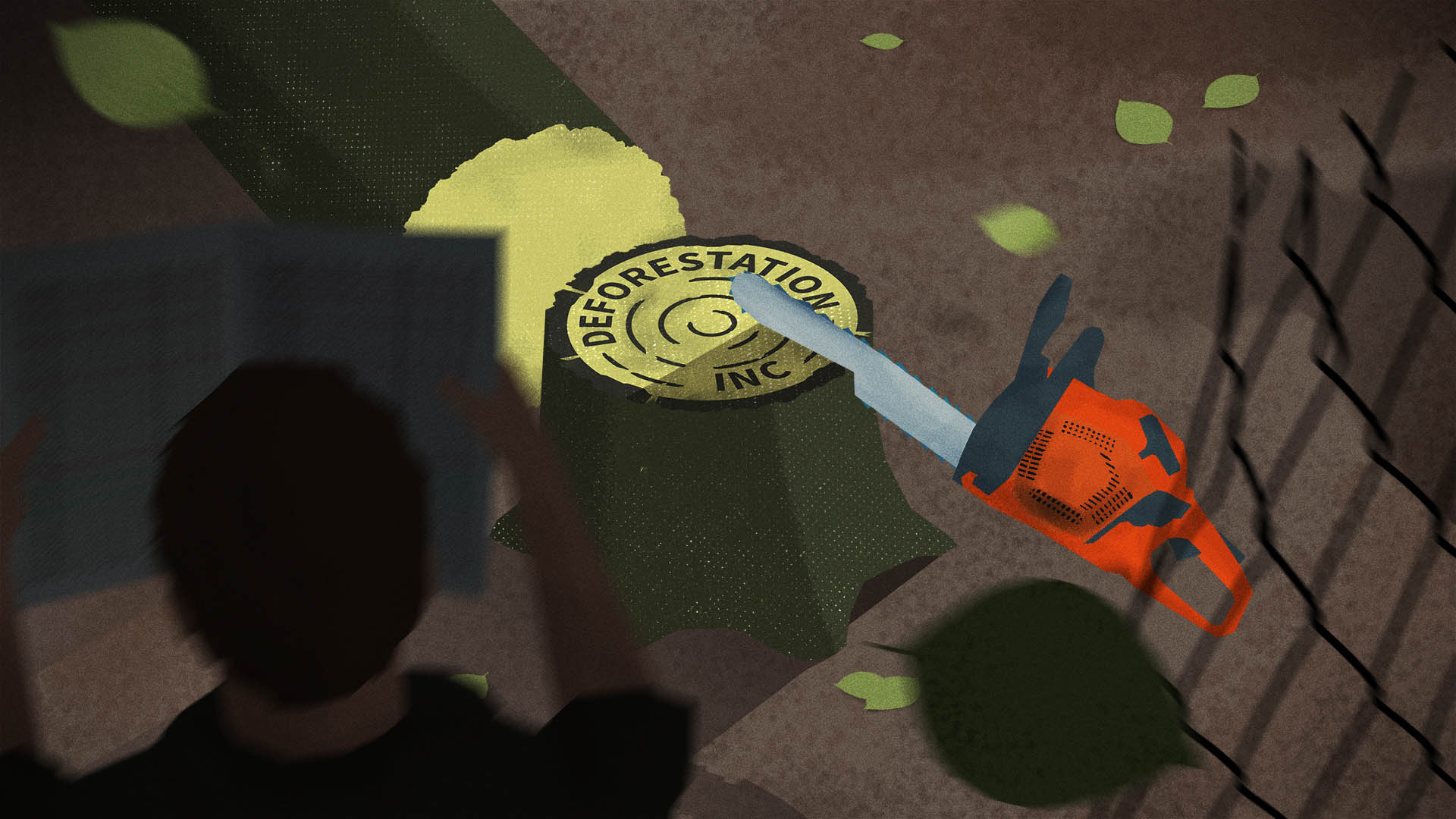
A controversial therapy for children with curved spines that featured in the Implant Files investigation has been banned in the United Kingdom.
Magec rods are supposed to straighten the spine but experts have warned for years that they can break too easily – and were approved for general use after scant testing.
Britain has now imposed an immediate, indefinite ban on all Magec rods despite an insistence by their American manufacturer that defects in the implants are confined solely to a small percentage of its Model X version and the rest of its products are safe.
The U.K.’s Medicines and Healthcare Regulatory Agency (HMRA) ordered surgeons to stop implanting all NuVasive-produced Magec rods from Wednesday, April 1, and to test patients who had been fitted with them as soon as possible.
“Do not implant Magec rods in the U.K. until further notice,” the agency warned. “Identify all patients implanted with a Magec system and ensure systems are in place to follow up these patients.”
In a February safety notice, the San Diego-based manufacturer said it had noted a separation of components in a small percentage of its Magec Model X titanium rods but this did not affect its other products.
The Model X is used primarily on young scoliosis patients to help straighten the spine as they grow and is intended to be less invasive than other treatments for the condition.
Concerns over the Model X rods featured prominently in The Implant Files, the first-ever global investigation of the medical device industry and its overseers by the International Consortium of Investigative Journalists and 58 media organization partners in 36 countries.
The November 2018 investigation detailed how regulators around the world had approved devices with little or no safety testing, and were reluctant to recall faulty products.
ICIJ media partner BBC Panorama reported that the rods had only ever been tested on pigs and corpses. Experts told the program that the Model X, which was put on the market in the U.K. in 2014 and had since been implanted in thousands of U.K. children, appeared to snap too easily.
The rods were marketed as a safer and cheaper alternative because they can be lengthened with magnets while still in the body.
When NuVasive launched the product in the U.S. in 2019, a company executive Matt Link said it represented “the culmination of over a decade of clinical experience and innovation.”









